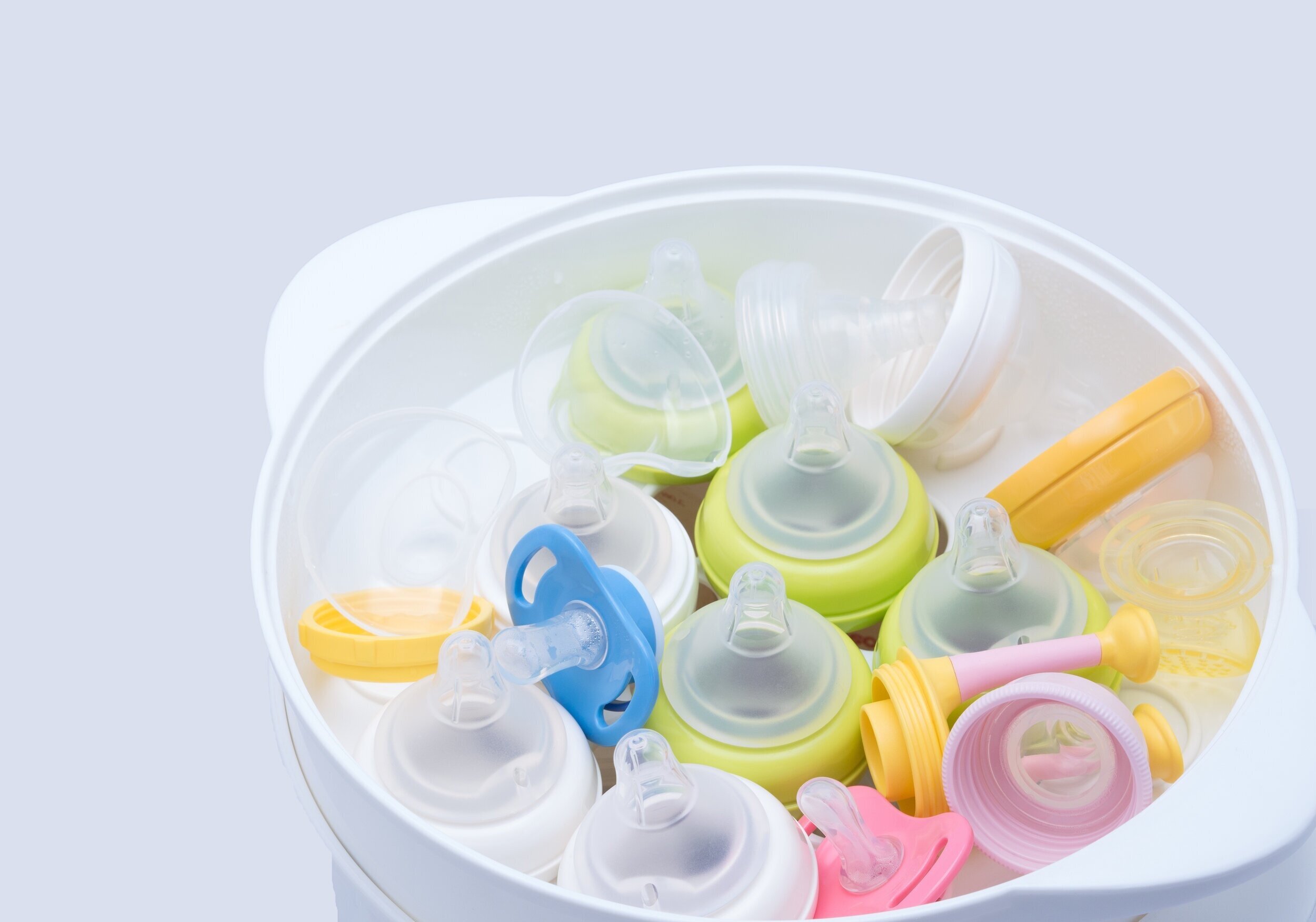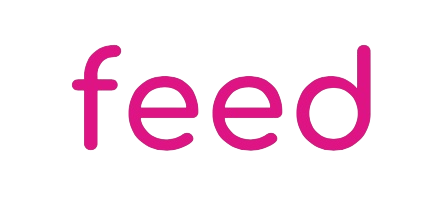
First infant formula provision by food and baby banks is an important means of support for families in need
Families are increasingly experiencing food poverty and insecurity, the coronavirus pandemic has exposed existing inequalities and caused them to escalate. Since 2010 foodbank usage has been increasing, alarmingly, the Independent Food Aid Network have reported a 177% increase in the number of emergency food parcels distributed by independent food banks, comparing May 2019 to May 2020.
Vulnerable babies are at risk
For families who are struggling, infant formula milk can be expensive and not providing infant formula to formula fed babies in need babies in danger of malnutrition or dangerous infant feeding practices.
We know that food and baby banks are not the answer to food poverty. However, while they must exist and while the impact of food poverty on infants and children is rising, we need to make sure that the most vulnerable members of society have equal access to food.
Our new guidelines ensure that every member of the family can be supported with food provision should they need it.
There is confusion and fear
Many food and baby banks are happy to provide first infant formula to formula feeding families but are struggling against the current guidelines published by UNICEF. This confusion is further exacerbated by discrepancies both within and between health boards throughout the UK, where some health and social care professionals will refer families to baby banks for formula, and others refuse.
Staff from food and baby banks we have spoken to have told us they do not provide first infant formula for formula fed babies because they fear that should they do so, they will lose the support of their local NHS Health Boards, as has happened in Greater Glasgow and Clyde and elsewhere.
This fear and confusion is leading to a postcode lottery of support, as well as driving infant formula provision through unofficial channels which may expose families to risk. It forces health care providers, food bank staff and volunteers to knowingly risk formula fed babies going hungry for fear of losing the valuable relationships they have developed with local health boards.
Implementation of our guidelines on safe, appropriate, and dignified infant formula provision would remove this uncertainty and ensure that organisations can provide individualised support to all of their service users, without jeopardising their relationships with health care professionals.
There is a lack of suitable referral pathways
Current lack of suitable referral and signposting pathways to food, baby banks and other services that provide infant formula mean that families in need are not getting the appropriate information and support. Furthermore, this results in a lack of clarity for health care professionals and family support services.
Implementation of our guidelines on safe and dignified infant formula provision would result in consistency across Scotland so that families who need additional support can be referred or signposted to food and baby banks to access the food they need for every member of their family.
Monetary provision and benefits don’t solve the problem for everyone
Those who oppose provision of formula point towards Healthy Start or Best Start vouchers, monetary provision or referral through the benefits system as solutions. However, these schemes are of limited use; it is not clear where monetary provision would come from, not everyone qualifies for vouchers and there is often a long waiting period for state benefits - up to nine weeks. Many families who require immediate support are employed but have an insecure family income such that a claim for any benefit could result in later debt.
The financial provision on offer via these routes don’t cover the cost of formula, and as the vouchers or funds can be used for milk, fruit and vegetables, a larger family may need to use the funds to support the entire family. Many families then resort to inappropriate alternatives or feeding practices for the infant, or other families members go without basic necessities themselves.
For families with no recourse to public funds, for example, families seeking asylum, these schemes will not be available to them at all.
Implementation of our guidelines on safe, timely, and dignified infant formula provision would mean that any family in crisis could access their local food or baby bank for help.
